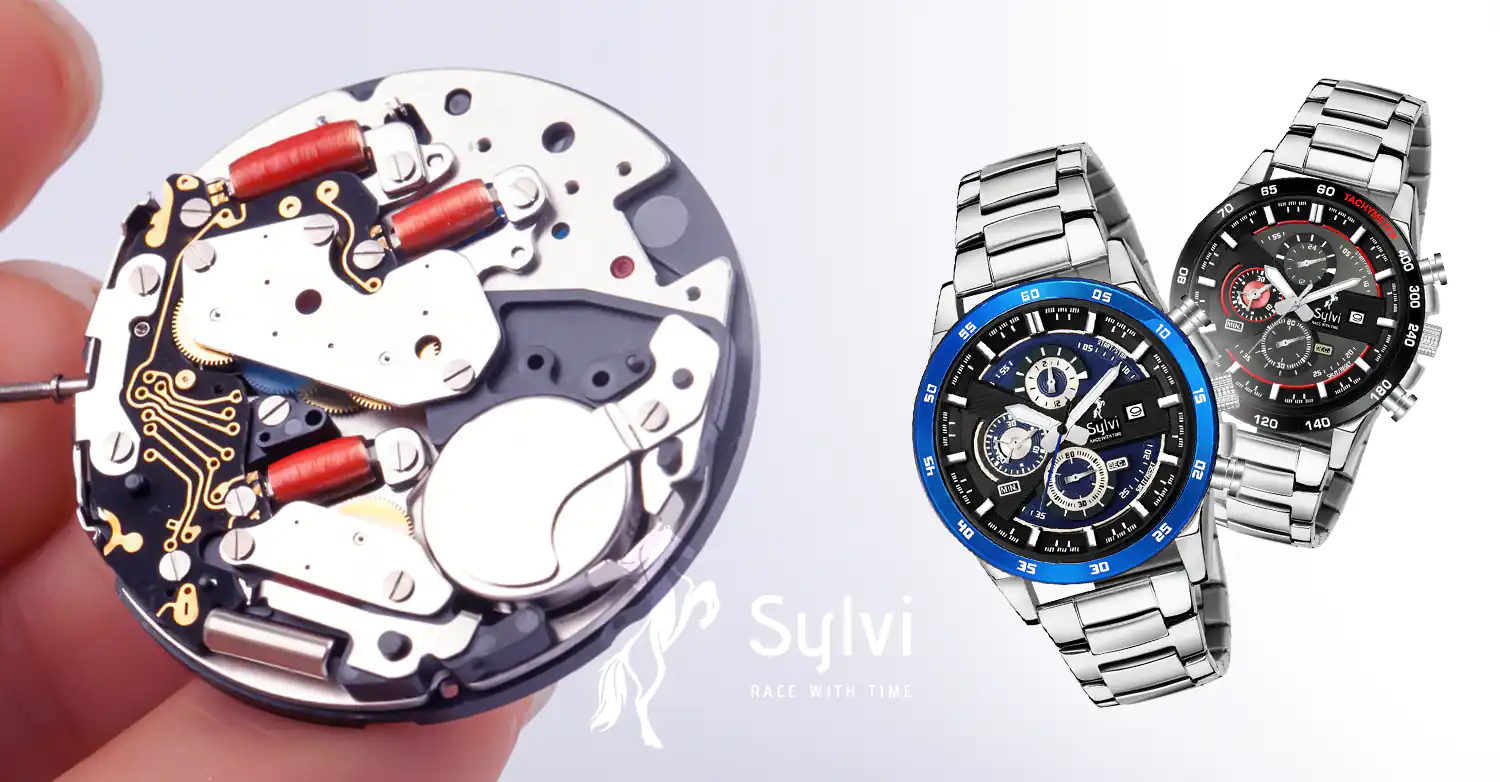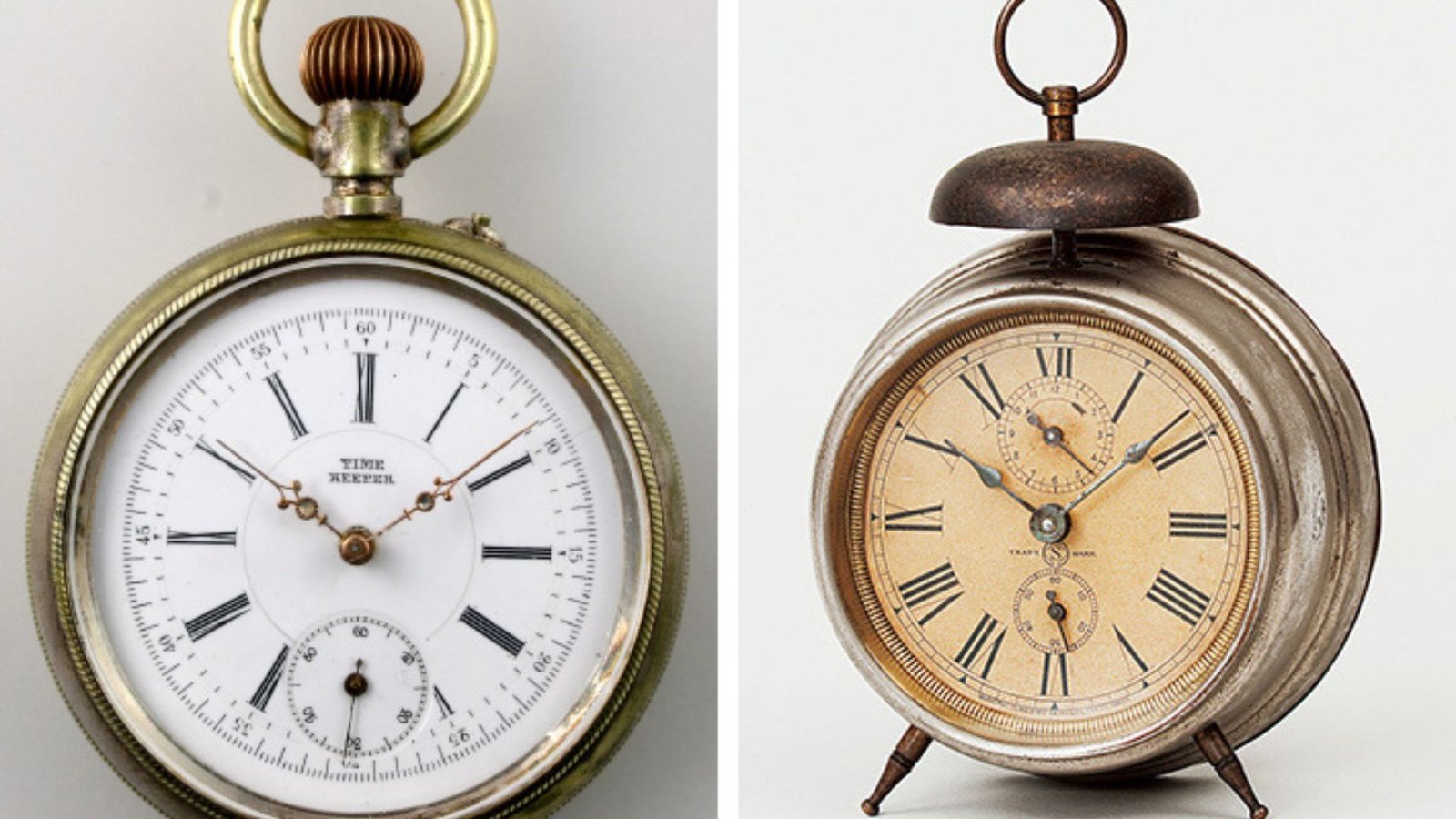Japanese clocks have long been a reflection of the nation’s cultural identity, steeped in deep-rooted traditions and values that go beyond their functionality. Unlike Western clocks, which emphasize precision and efficiency, Japanese timepieces often intertwine spirituality, nature, and an aesthetic harmony that aligns with the country’s broader worldview.
From the Edo period’s traditional timekeeping methods to modern interpretations, Japanese clocks offer insight into the nation’s cultural heritage and values. Here’s how Japanese clocks mirror key cultural traits:
1. The Concept of Time in Japan: Fluidity and Natural Rhythms
One of the key distinctions between Japanese and Western timekeeping traditions is the concept of time itself. In Japan, time was traditionally perceived as fluid and tied to natural events rather than a rigid, uniform measurement. During the Edo period, Japan used a timekeeping system known as Wadokei, where the length of hours varied depending on the season — longer in summer and shorter in winter.
- Integration with Nature: Many early Japanese clocks reflected these changes in daylight and seasonal cycles, embodying a deep respect for nature. This natural rhythm underscores the Japanese belief in living in harmony with the environment, a value still prevalent in modern culture.
- Cultural Context: Rather than viewing time as a resource to be maximized, as in Western cultures, traditional Japanese clocks reflect an attitude of living in the moment and appreciating the flow of time as part of life’s natural processes.

2. Craftsmanship and Precision: A Reflection of Japanese Dedication
Japan is known for its meticulous attention to detail and dedication to craftsmanship, a quality that is reflected in the making of clocks. The precision and intricacy required to create these timepieces demonstrate the importance of shokunin kishitsu, the artisan spirit that is dedicated to mastery of craft.
- Attention to Detail: Every part of a traditional Japanese clock, from the smallest gear to the casing, was crafted with exceptional precision. This focus on craftsmanship is a reflection of the broader Japanese cultural value of kodawari (the pursuit of perfection).
- A Symbol of Discipline: The art of clockmaking requires a disciplined approach, patience, and years of mastery — values that are highly regarded in Japanese society. These timepieces stand as symbols of the nation’s disciplined and methodical approach to both work and life.
3. Minimalism and Aesthetic Simplicity: Wabi-Sabi in Clock Design
Another significant cultural value represented in Japanese clocks is wabi-sabi, the appreciation of imperfection and transience. This philosophy is often reflected in the minimalist design of Japanese clocks, which eschew unnecessary embellishments in favor of simplicity and understated beauty.
- Simplicity in Form: Traditional Japanese clocks often have clean lines and subtle designs, embodying the idea that beauty lies in simplicity. This minimalistic approach mirrors the larger Japanese cultural preference for subtle, refined aesthetics over showy displays of wealth or status.
- Aesthetic Harmony: Whether a traditional hanging wall clock or a modern table clock, Japanese timepieces often integrate natural materials like wood and stone. These materials are intentionally chosen for their organic imperfections, aligning with the wabi-sabi philosophy.
4. Cultural Symbols and Nature: Inspirations for Clock Designs
Japanese clocks frequently incorporate traditional cultural symbols and elements of nature into their designs. Whether through the choice of materials or decorative motifs, these timepieces reflect a reverence for cultural heritage and the natural world.
- Nature-Inspired Motifs: Many Japanese clocks feature designs inspired by nature, such as cherry blossoms, mountains, and flowing water. This reflects shizen, the Japanese ideal of living in harmony with nature, which is central to Japanese cultural identity.
- Cultural Icons: In addition to nature, traditional Japanese clocks may also feature cultural symbols such as cranes (symbolizing longevity) or koi fish (representing perseverance). These motifs serve as reminders of the values and beliefs that are central to Japanese life.
5. Respect for Tradition and Innovation
While Japanese clocks are rooted in centuries-old traditions, they also embody a culture that values innovation and adaptation. The evolution of Japanese timepieces — from the early Wadokei to modern, cutting-edge designs — showcases Japan’s ability to honor its past while embracing the future.
- Adapting to Modern Times: Even as modern technology and Western-style clocks became popular, Japan found ways to incorporate its cultural values into clock design. Contemporary Japanese clockmakers often blend traditional craftsmanship with modern innovations, creating pieces that honor the past while embracing the future.
- A Balance of Old and New: This balance between tradition and innovation is a key feature of Japanese culture at large. Japanese clocks exemplify this harmony, as many modern designs continue to reflect historical themes while incorporating technological advancements like atomic timekeeping.
Conclusion
Japanese clocks are much more than functional timepieces; they are cultural artifacts that embody Japan’s values, traditions, and worldview. From the reverence for nature and seasonal rhythms to the pursuit of craftsmanship and simplicity, these timepieces offer a window into the Japanese way of life. Whether it’s the philosophical depth of wabi-sabi, the disciplined precision of clockmakers, or the enduring cultural symbols embedded in their designs, Japanese clocks continue to reflect the nation’s rich heritage while evolving with modern times.
For those who appreciate the beauty of timekeeping, a Japanese clock represents not only a tool for measuring time but a piece of art that tells the story of a culture deeply attuned to nature, craftsmanship, and the pursuit of balance.





Онлайн-магазины Apple в Москве в столице сделали большое и доброе дело, ознакомив
обширную и непосвящённую
публику всего мира с понятием идеального баланса стиля, качества
и функциональности и, при этом,
удивительной простоты использования.
Эти характеристики на протяжении многих лет
продолжают делать уникальными в сравнении с другими брендами,
начиная со старых моделей Macintosh, а затем
и современных гаджетов iPhone, MacBook
Air, iPad, а также множество других качественных
и креативных продуктов Apple в
Москве.
Стоит отметить, для объективности, необходимо также признать, что
многие из этих разработок были абсолютными
«пионерами» в своей отрасли и не встречали на момент создания каких-либо конкурентов.
Впрочем, этот факт – это, лишь одно из из десятков и сотен преимуществ,
которыми по праву обладает продукция Apple в Москве в столице, и является результатом тщательной и
длительной работы команды талантливых специалистов, преданных делу создания свою жизнь созданию удобных, стильных и
эффективных продуктов. https://macuser.ua/search?word=%D1%86%D0%B5%D0%BD%D0%B0+iphone+%D0%BB%D0%B5%D1%84%D0%BE%D1%80%D1%82%D0%BE%D0%B2%D0%BE
Teasing German vixens are tall with sexy curves, with slender frames and juicy assets in all the right places.
Our website ZDJCIAPORNO has the
wildest mature German sex videos that will leave you breathless.
In this type of fetish play, you’re the boss and the
MILFs are there to obey your every command.
They won’t be controlling like German wives, they’ll be your submissive goddesses.
They’ve definitely perfected submission through history!
Онлайн-магазины Apple в Москве в Москве внесли значительный
вклад, ознакомив обширную и малознакомую публику глобально с
понятием идеального баланса стиля, качества и функциональности и, при этом, удивительной простоты использования.
Эти характеристики на протяжении многих лет продолжают
делать уникальными на фоне конкурентов, начиная со старых моделей Macintosh, а затем и устройств iPod, iPhone, iPad, MacBook, а также множество
других инновационных решений Apple на российском
рынке.
Кстати, для объективности, необходимо также признать, что многие из этих разработок были абсолютными «пионерами» в своей отрасли и не имели на момент
создания каких-либо конкурентов.
Впрочем, этот факт – это, лишь одно из из десятков и сотен
преимуществ, которыми по праву владеет
продукция Apple в Москве в столице,
и он стал итогом многолетней, кропотливой работы команды больших
энтузиастов, посвятивших и продолжающих посвящать свою жизнь созданию инновационных, простых и надёжных продуктов. https://macuser.ua/search?word=iphone+11+pro+%D1%86%D0%B5%D0%BD%D0%B0+%D0%B2+%D0%BC%D0%BE%D1%81%D0%BA%D0%B2%D0%B5